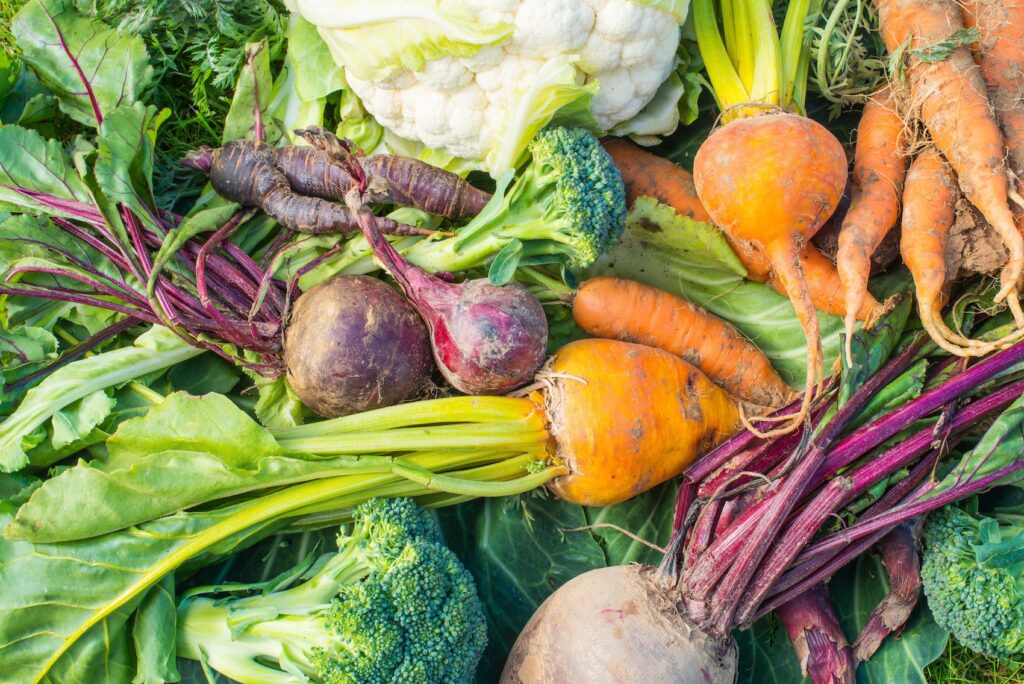New project to tackle food waste on farms
3rd May 2023
The project will support farms in the Kent Downs AONB, by redistributing surplus food.
The University of Kent and trade organisation Produced in Kent have teamed up to launch a project to address food waste in farming.
The environmental impact of surplus food currently accounts for 6-7% of greenhouse gas emissions every year.
Students will support farms in the Kent Downs AONB by redistributing produce to businesses, charities and community groups that need it in the Canterbury area.
The FoodLoop app, created by Produced in Kent, will be used to connect those with surplus food to those who need it.
Statistics on the volumes of surplus food that collected and redistributed will be collected through the app and shared publicly and with the government. It’s hoped this will open a discussion on how we can solve some of the causes of surplus food on the farm.
It’s estimated that nearly 3 million tonnes of edible food – equating to over 18 million meals day and valued at £1.8 billion – goes to waste on UK farms each year. This is according to the Hidden Waste report released by WWF last year.
Meanwhile, one in seven people across the UK skipped meals or went without food in 2022 because they could not afford or access food, according to the Food Foundation.
“Farms are ending up with surplus food for different reasons, explained Floortje Hoette, chief executive of Produced in Kent. “Weather conditions, quality and/or price expectations from buyers and lack of seasonal labour can all lead to surplus on the farm, with some of it left in the field.
“Through this gleaning project, we want to help farmers find a more sustainable and local solution for their surplus whilst helping the community access more fresh produce and introducing students to the realities of farming.”
The project will work with charities within a 30-mile radius around Canterbury, including the University’s foodbank ‘The Campus Pantry’. The cost-of-living crisis has resulted in a 40% increase in people in the UK seeking help from food banks in the last year.
“Our recent cost of living survey identified that food insecurity is one of the biggest areas that students are really struggling with and we have seen a significant uptake in the usage of our Campus Pantry,” Thomas Freeston, vice president (welfare and community) at Kent Union, said.
The project, which launched on Stop Food Waste Day on 26th April, is being supported by local gleaning groups Deal with It and Hythe Environmental Community Group, who are training students in the art of gleaning.
Infrastructure developed through the project could be replicated in other areas of the country.

